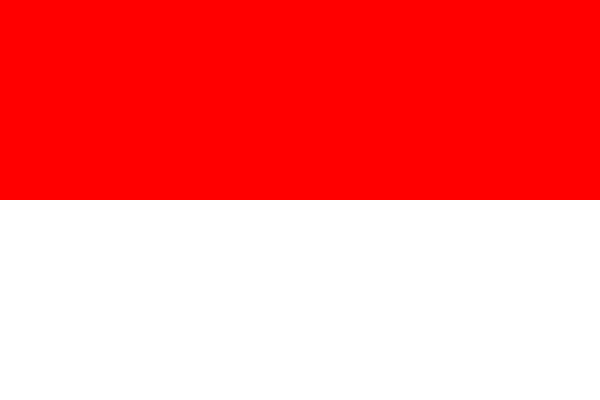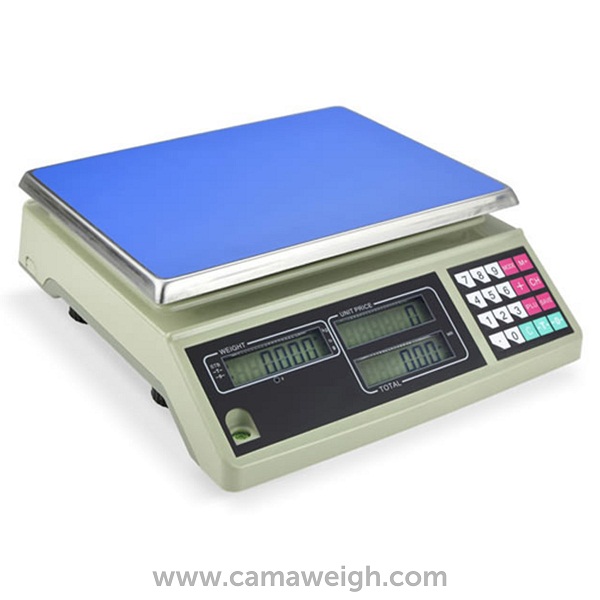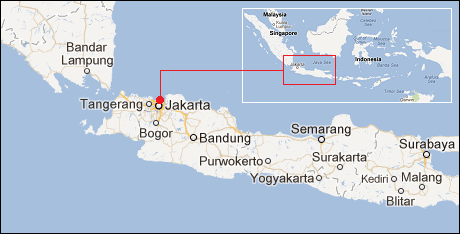
Introduction to Indonesia
- Indonesia has a population of 270.6 million
- Capital: Jakarta
- Official language: Indonesian
- Total Area: 1,904,569 km2
- Currency: Indonesian rupiah
Economic Statistics of Indonesia
Economic Overview:
- Indonesia is the 16th largest economy in the world by nominal GDP
- Indonesia has a nominal GDP of $1.089 trillion
- Indonesia's largest industries are petroleum and natural gas, textiles and apparel, mining, footwear, plywood, rubber, and chemical fertilizers.
Economy breakdown:
- Services 43%
- Industry 40%
- Agriculture 13%.
Main importers of Indonesia’s goods:
- China 24%
- Singapore 11%
- United States 5%.
- Japan 9%
- Thailand 6%
Main exporters to Indonesia:
- China 15%
- Singapore 7%
- United States 10%.
- Japan 11%
- India 8%
The Manufacturing Industry in Indonesia
In 2019, the manufacturing industry contributed approximately 20% of Indonesia's GDP. Indonesia has currently become the world's 10th-largest manufacturing country. This accounts for about a quarter of the overall country's GDP and produces about a fifth of Indonesia's working-age population. Thanks to its cost-effective and accessible labor, Indonesia is a progressively desirable destination for foreign investment in the manufacturing sector.
Some of the manufacturing sub-sectors include:
- Electronics: In 2019, the total export volume of electronic and telematics goods exceeded US$ 7.8 billion, with Singapore, the United States, Germany, Vietnam, and Hong Kong, becoming the major destination countries. The Indonesian consumer electronics market is the most developed compared to the industrial electronics and electronic components segments. However, some industrial electronics equipment used in factories that Camaweigh trades are:
- Pharmaceuticals and healthcare: In Indonesia, the demand for doctors, hospitals, and medical equipment have increased due to the improvement of healthcare access and program to the population. The pharmaceutical industry in Indonesia has seen annual growth between 10-13 percentage. Moreover, the medical device industry in Indonesia is worth approximately US$4.5 billion in 2019, with US$2.8 billion coming from imported goods. Therefore, foreign investors and the government usually buy these types of medical and pharmaceuticals weighing scales:
- Lab balances
- Test weights
- Load cells
- Medical scales to such as BMI scales, Baby Scales, and wheelchair scales.
- Textile and Garment:Indonesia is one of the world's top 10 textile and apparel manufacturing countries and 12th among the leading textile & apparel exporters in the Association of Southeast Asian Nations (ASEAN) region. It reported positive growth in 2019, with exports estimated at US$13.8 billion. Moreover, the Indonesian textile industry is forecasted to increase its revenue at a compound annual growth rate of 5.09%. The types of weighing scales used in this industry to measure fabric weight are:

Digital counting scale in grams, kilos, or pounds with unit price feature. Stainless steel platform and excellent quality load cell system. Counting scales are used to weigh livestock, textile material, and any small or oversized items.
The Transportation and Logistic Industry in Indonesia
Given the economic growth of private consumption and international trade, strong domestic demand, low external financing costs, and decreased oil price in Indonesia, the demand for transportation and logistics services is expected to increase positively. However, Indonesia’s logistic performance continues to rank low internationally. This leads to a higher logistic cost than other countries in the region and a non-efficient supply chain.
That’s why the Indonesian government tries to take up a more integrated approach and plans to raise infrastructure development, such as roads, maritime cargo, railway networks, airports, and public transportation. Thus, 24% of Indonesia’s GDP has been applied to transportation and logistics innovation. Consequently, the logistic market is forecasted to increase at a compound annual growth rate of 10.27% between 2020 and 2025.
Types of Weighing System Used in Transportation and Logistic Industry:
Indonesia requires an innovative approach that can help track and control companies' entire supply chains daily, such as transport optimization, warehousing, and customs management, to reduce costs and increase performance.
Hence, the following weighing scales are convenient for different types of industries, such as shipping, warehousing, agriculture logistics, airport, and vehicle:
- Weighbridge Truck Scales
- Portable Truck Scales
- Vehicle Scales
- Axle Scales
- Floor Scales for inventory, baggage at airports, or Pallet Truck Scales
- On-Board Truck Scales
- Crane Scales
Sea Ports and Trading Hubs of Indonesia
Indonesia is accessible by both land and sea.
For international trading, the top 3 seaports in Indonesia are Tanjung Priok Port, Port of Belawan, and Port of Tanjung Perak.
When exporting products to our clients in Indonesia, Camaweigh uses the largest and busiest port: Tanjung Priok.

What weighing scales does Indonesia import?
Some of the leading weighing scales that Indonesia import include:
- Accessories from Load Cells to Traffic Lights and Displays
- Vehicles Weighing Products like weighbridge
- Industrial Weighing Scale, ranging from platform, floor, counting scales to pallet truck scales
- Laboratory (LAB) Scales
- Medical Scales
- Test Weights like precision weighs and heavy-duty cast-iron weights
- Hydraulic Liftor Scissor Lift Table
- Intelligent Weighing System
- Special Scales for livestock, logistic, or airport
What regulations are there on importing equipment to Indonesia?
Indonesia customs duties and taxes on imports range from 5 to 30 percent. When importing equipment legally to Indonesia, customs request the following documents:
- Companies must register with the Indonesia Trade Department
- Obtain customs identification number (Nomor Identitas Kepabeanan, NIK)
- Depending on your business sector, get an importer identification number (Angka Pengenal Import, API)
- A commercial invoice signed by the manufacturer
- Bill of landing
- Certificate of insurance
- Packing list
- Import permit
- Customs import declaration
- Submit import documents electronically through the electronic data interchange (EDI)
Camaweigh will make sure to handle all logistic and documentation processes for your company and our worldwide clients.
Why should Indonesia import equipment?
- Availability – Customers require equipment on time, and sometimes, local industries have limited capacity and availability.
- High Equipment Cost – Given the domestic competition and increased production and labor costs, equipment is more expensive to buy domestically than internationally.
- Equipment Quality - While most international equipment suppliers have a good brand reputation and quality products, some smaller domestic manufacturers can have alternative equipment quality.
Where Can I buy Equipment for Indonesia?
Camaweigh has been exporting a wide range of weighing scales to clients in Indonesia. Feel free to contact us at [email protected] or WhatsApp us at +86-131-2037-9271 for a FREE quotation.


 French
French Spanish
Spanish